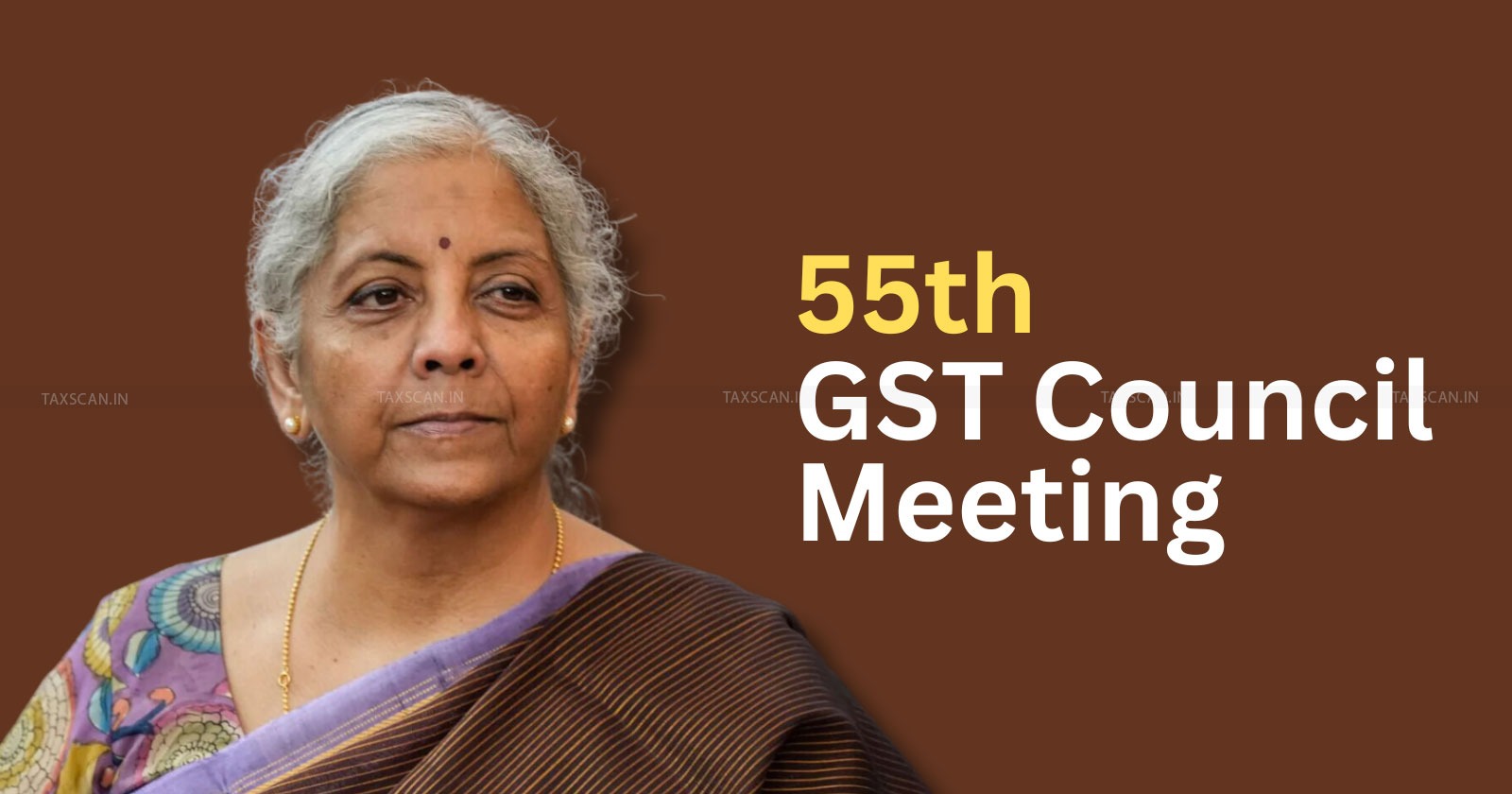55th GST Council Meeting: Here's What to Expect
This article focuses on the key agendas that we could expect from the GST council meeting scheduled for next Saturday, the 21st

The 55th GST Council meeting, which is the last GST council meeting of this year, is scheduled to take place on December 21st. Union Finance Minister Nirmala Sitharaman will chair the meeting, which will be held at Jaisalmer, Rajasthan. This meeting was actually supposed to take place in November.
This article focuses on the key agendas that we could expect from the GST council meeting scheduled for next Saturday, the 21st.
The first and foremost thing to note is that one of the main key points of discussion would be regarding the 2025–26 budget, which is scheduled to take place in February of next year.
The fact that the luxury and sin goods are taxed at the highest slab with an extra cess on top of the 28% rate, essential commodities are either free from GST or fall under the lowest slab. It would be great to rationalise the tax system because the average GST rate has dropped below the revenue-neutral rate of 15.3%.
It is most likely that the GST council would examine the treatment of trademark usage by franchise shops in various states. The DGGI has issued letters to food and beverage companies, saying that utilizing a brand name across state lines constitutes a service offered by the head office, which may result in GST requirements. ( Economic Times )
It has been suggested by the group of ministers to lower the GST rates on vital commodities like pre-packaged drinking water and exercise notebooks while raising charges on luxury items such as shoes priced above Rs 15,000 and wristwatches priced over Rs 25,000.
The Group of Ministers( GoM ) have also suggested lowering the GST on non-senior people's health insurance premiums from 18% to 5%.
The proposal by GoM also suggests exempting GST on premiums for term life insurance policies, senior citizens' health insurance, and health insurance policies with coverage up to ₹5 lakhs for individuals other than senior citizens.
Now we will look into the expectations inputs on the GST council meeting by Mr. Harsh Bhuta. Mr. Harsh Bhuta is a well-established Chartered Accountant and is the partner of Bhuta Shah & Co. He is a CFA, USA Charter holder, and a graduate of Mumbai University with a Bachelor of Laws.
1 . Compliance Simplification
• “Measures to ease and streamline GST compliance processes could be introduced, addressing concerns of businesses about the complexity of current procedures. This may include automation, standardisation, and user-friendly mechanisms to reduce administrative burdens.”
2. Operationalisation of GST Appellate Tribunals
• “The long-pending issue of operationalising the GST Appellate Tribunals is a pressing need. Taxpayers are currently unable to file appeals due to the absence of tribunals, leading to increased litigation and burdening High Courts. The establishment of these tribunals would expedite dispute resolution and provide a much-needed forum for taxpayers.”
3. National Appellate Authority for Advance Rulings
• “Divergent rulings by state advance ruling authorities have led to inconsistencies and legal challenges. Operationalising the National Appellate Authority for Advance Rulings could ensure uniformity in decisions and provide greater clarity to businesses nationwide.”
Additionally, on the impact the GST council would have on the business, Mr. Harsh Bhuta is of the opinion that “The outcomes of the 55th GST Council Meeting are expected to have far-reaching implications for businesses. Rate rationalisation could alter cost structures, compliance changes may reduce operational hurdles, and tribunal operationalisation would provide clarity and resolution to long-standing disputes. Stakeholders across industries will closely monitor developments, hoping for transformative measures that align with ease of doing business and fiscal stability.”
Thus, the nation is eagerly waiting for the 55th GST Council meeting, and it is expected to have a positive impact on the economy. The groundwork for both immediate changes and long-term policy clarity could be set at this conference, which could be a major turning point for GST revisions.
Support our journalism by subscribing to Taxscan premium. Follow us on Telegram for quick updates


